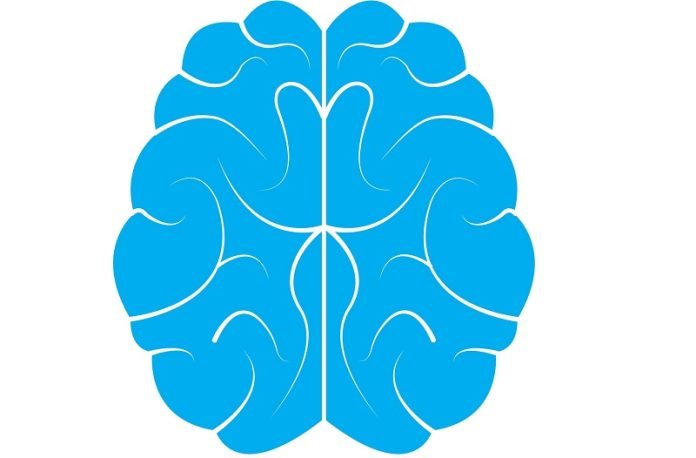
Scientists at Northwestern Medicine have developed a new web-based tool that can help doctors predict the risk of venous thromboembolism (VTE) in brain tumors.
VTE refers to blood clots that form in veins, and it can be life-threatening for people with malignant brain tumors known as adult-type diffuse gliomas.
To create the prediction tool, the researchers analyzed data from 483 patients with newly diagnosed adult-type diffuse glioma.
They found ten variables that could predict the risk of VTE in these patients.
These included a prior history of VTE, high blood pressure, asthma, an elevated white blood cell count, higher glioma grade, increasing age, and an elevated body mass index (BMI).
On the other hand, mutations in IDH1 or IDH2 genes, hypothyroidism, and MGMT gene inactivation (i.e. cancer cells more vulnerable to chemotherapy) were all found to predict a reduced risk of blood clots.
Hypothyroidism is a condition in which the thyroid gland does not produce enough thyroid hormone, which plays an important role in regulating metabolism, growth, and development in the body.
The team combined the 10 variables to create a web-based VTE prediction tool that allows doctors to enter basic information about the patient and tumor and receive a percent risk at one, three, six, and 12 months.
With this information, doctors can weigh the risk of a clot against other risks that come with using blood clot drugs, which can sometimes cause brain hemorrhages (i.e. a type of stroke caused by bleeding in the brain)
This is the first time that researchers have had an evidence-based prediction of blood clots specifically for people with brain tumors.
The team believes that the tool can be used to provide better guidance on which patients would benefit the most from blood clot drugs.
The team hopes that the tool will lead to more personalized care for patients with adult-type diffuse gliomas, as doctors can use it to tailor their treatment plans to each patient’s individual risk profile.
If you care about brain health, please read studies about how the Mediterranean diet could protect your brain health, and Omega-3 fats and carotenoid supplements could improve memory.
For more information about brain health, please see recent studies about antioxidants that could help reduce dementia risk, and the COVID-19 virus can stay in the brain, elsewhere in the body for 8 months.
The study was conducted by Craig M. Horbinski et al and published in Blood.
Copyright © 2023 Knowridge Science Report. All rights reserved.



